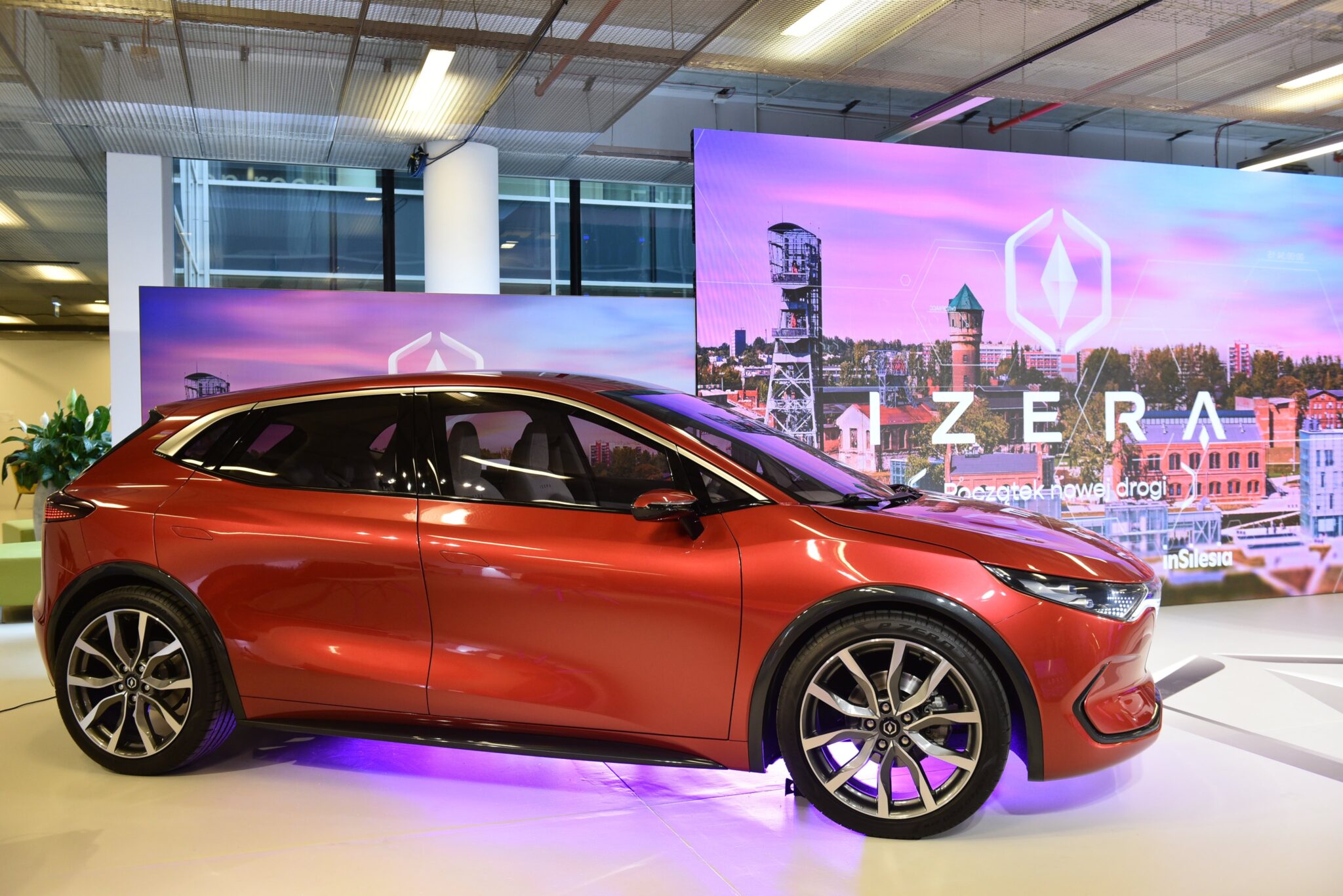We have only 2.5 years left to start the planned production of Izera, and meeting this deadline will be a real challenge. Especially when it comes to large-scale production. On the other hand, it is not impossible – says Maciej Mazur from the Polish Alternative Fuels Association, in an interview with BiznesAlert.pl.
The development of electromobility in the world has awakened Poland’s dream of creating its own car that would be able to compete with the largest companies. ElectoMobility Poland presented a bold vision for the creation of Izera, but 7 years have passed, and there are still no results. However, Poland has a huge production base, as is 2nd in the world when it comes to producing batteries for EV vehicles.
BiznesAlert.pl: ElectroMobility Poland has declared that production of Izera will start in 2025, and a year later the first cars will go on sale. Is it feasible to meet this deadline?
Maciej Mazur: Given that only 2.5 years remain until the planned start of production of Izera, as well as the current state of progress in the construction of the factory, meeting the deadline will be a real challenge. Especially if we are talking about large-scale production, and not about the assembly of short-run pre-production copies. On the other hand, it is not impossible.
For example, the construction of the Tesla Gigafactory in Germany – from the start of work to the official opening-took about 2 years and 3 months. However, the big difference that it is already another factory of an experienced manufacturer in the field of electromobility, with stable supply chains and one that is already producing cars near Berlin, which were previously also produced in other factories.
The key to the possible success will therefore be to build effective strategic partnerships with entities whose experience and business contacts can be used in the implementation of the Polish project. A good example is the partnership with Geely.
What is Izera missing? After all, huge funds have been invested in it, and there are no results.
If we evaluate the project from the very beginning, then certainly the biggest problem was the lack of consistency in action. The first phase of this project-from today’s perspective – was time lost. It was only when the ambitions have become more grounded and the business approach began to dominate that Izera began to take shape.
The main problem probably concerned the original ownership structure of ElectroMobility Poland. Initially, these were state-owned energy companies, in the case of which the production of cars, or more broadly – activities in the automotive sector – lies far beyond the scope of the basic subject of activity. Subsequently, the shares of the company were taken over by the State Treasury, which seems to have allowed Izera to start moving.
Paradoxically, the mentioned money also posees a challenge. Double co-financing of Izera at the level of PLN 250 million is a drop in the ocean of needs. The budget that would allow us to think about the successful completion of this project is many times more – at least 4-5 billion PLN. Ensuring stable funding is absolutely essential if the project is to proceed on schedule.
Unfortunately, in Polish conditions it is very difficult to build a system in which such projects could be successfully implemented. On the one hand, government support is crucial. Such projects must fit into the long-term strategy for the development of key sectors of the Polish economy. Unfortunately, we often lack such strategic thinking, and on the other hand, there is a risk of politicization.
The main supplier of the technology platform for Izera is the Chinese concern Geely, which is actively growing its sales in Russia. Is this a threat to Poland?
From a strictly business perspective, Geely seems to be the optimal choice. It is a leading manufacturer in the field of electromobility, and its portfolio includes recognized brands such as Volvo, Lotus, Polestar and Smart. It ties with the European or American automotive industry are certainly the strongest of all companies originating from China and is constantly growing. A few weeks ago, Geely announced that it had acquired a close to 20 percent stake in British manufacturer Aston Martin, and in recent days, details of a broad cooperation with Renault have been announced.
Geely’s brands produced nearly 2.5 million vehicles last year, while e-cars accounted for a third of Geely’s total sales. Geely’s background and market position should ensure that Izera receives a competitive platform. Of course, it remains to be seen whether it will be possible to translate the access to modern technology into, not even a market success, but at least production launch.
Naturally, there will always be questions about whether another choice could have been made. After all, there are other platform providers with a recognized reputation on the market. However, without knowing the details of the negotiations, we cannot in any way feel surprised by the choice of Geely.
Interview by Jacek Perzyński









